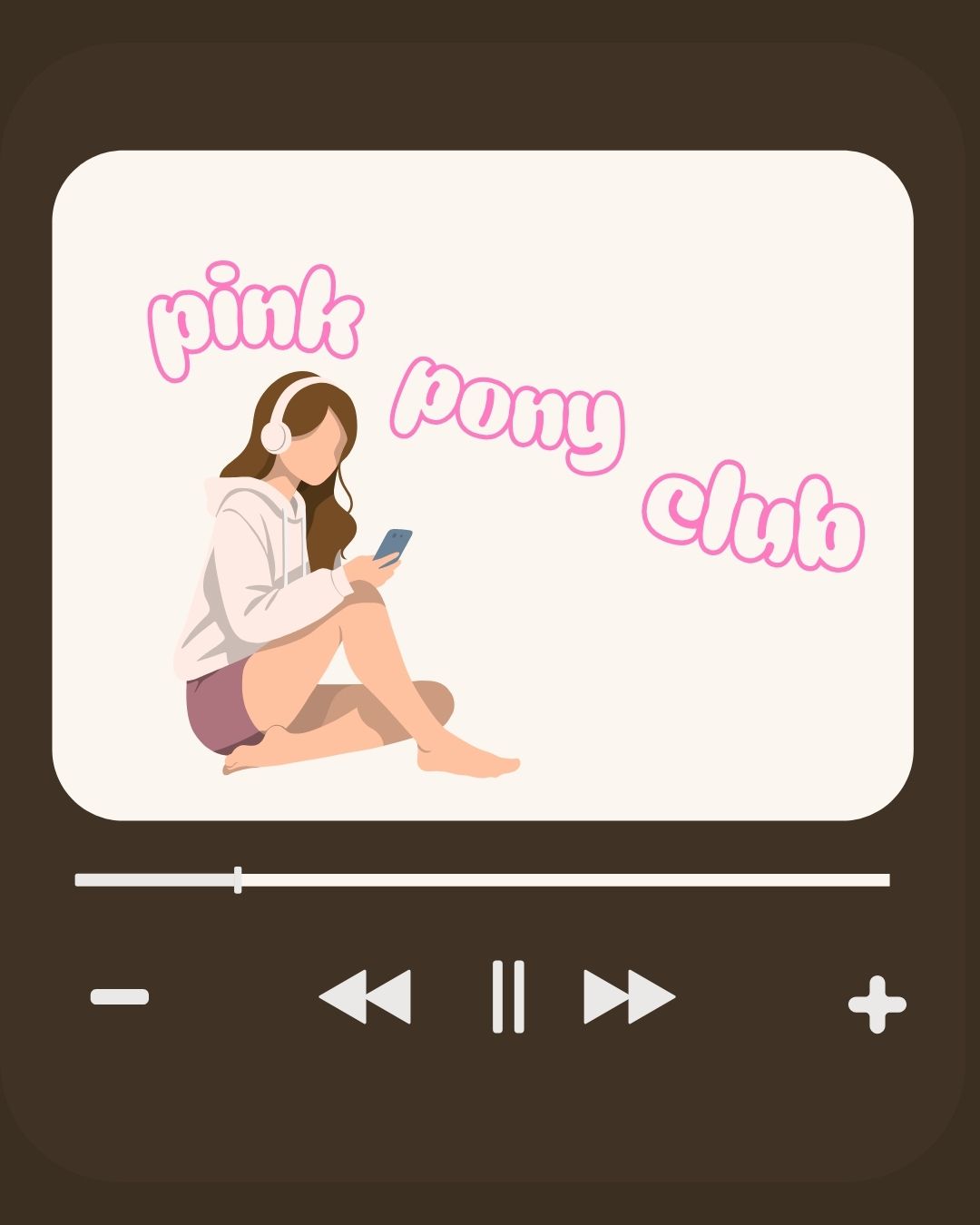
As I sat down to write this article critique on a popular pop song, I couldn’t help but reflect on the recent experiences that have led me to this point. Over the past few months, I have found myself immersed in the world of teenagers, observing firsthand the profound impact that music, particularly songs like “Pink Pony Club,” can have on their lives. The lyrics, the melodies, the messages – they all seem to weave themselves into the fabric of their daily existence, shaping their thoughts, beliefs, and behaviors in ways both cunning and deceitful.
It is this fervid exposure to the influence of music on impressionable young minds that has sparked my curiosity and prompted me to delve deeper into the analysis of popular songs. Through this article critique, I hope to shed light on the power of music as a cultural force, exploring how it shapes the identities and perspectives of the next generation. Join me on this journey as we unravel the layers of meaning behind the catchy tunes and lyrics, seeking to understand the complex interplay between art, society, and the souls of our youth.

The Illusion of Liberation: A Catholic Critique of “Pink Pony Club”
Introduction
Chappell Roan’s “Pink Pony Club” has been celebrated in popular culture as an anthem of freedom, identity, and self-expression. Yet when considered from a Catholic moral standpoint, the song is emblematic of the modern confusion between true liberty and license; what the lyrics present as liberation is, in reality, a glorification of sin and a rejection of the order of charity and virtue.
The Distortion of Human Desire
Human beings are created with a natural desire for God. The Catechism of the Catholic Church teaches that “the desire for God is written in the human heart, because man is created by God and for God” (CCC §27). The song expresses a genuine longing for joy, belonging, and affirmation, but it misdirects these desires into the strip club, which functions as a parody of worship. In the imagery of “Pink Pony Club”, the stage becomes a sanctuary where the self is exalted and the body commodified. This inversion recalls St. Augustine’s warning that sin arises when we love created things in place of the Creator (Confessions, I.1).
False Liberation and the Rejection of Family
The song celebrates a departure from family and home as a rejection of repression and a necessary step toward self-actualization. Yet the Church teaches that the family is the “domestic church,” the first place of catechesis and love (CCC §§1655–1658). To abandon familial bonds in order to pursue disordered desires is not true liberation but alienation. As Christ himself declares: “You will know the truth, and the truth will set you free” (John 8:32, RSV). John Paul II develops this further in Veritatis Splendor, noting that freedom separated from truth leads to “the freedom of self-destruction” (§40).
The Commodification of the Human Person
One of the most troubling aspects of “Pink Pony Club” is the portrayal of identity through exhibitionism and sexualized performance. Catholic anthropology insists that the dignity of the person is rooted in being created imago Dei (CCC §1700). To reduce the body to an instrument of performance and a spectacle for consumption is a violation of this dignity. Christ’s own teaching emphasizes purity of heart, warning: “Everyone who looks at a woman lustfully has already committed adultery with her in his heart” (Matthew 5:28). St. John Paul II, in his catecheses later called the Theology of the Body, stressed that the human body reveals the person and is meant to express love, not be manipulated as an object of lust.
Cultural Relativism and the Inversion of Values
The popularity of the song is not incidental; it reflects a broader cultural condition wherein vice is celebrated as authenticity and sin as liberation. The prophet Isaiah’s warning is strikingly apt: “Woe to those who call evil good and good evil” (Isaiah 5:20). Pope Benedict XVI, in his famous homily before the 2005 conclave, identified this as the “dictatorship of relativism,” which “does not recognize anything as definitive and whose ultimate goal consists solely of one’s own ego and desires.”^1 The enthusiastic reception of “Pink Pony Club” is symptomatic of this relativism, in which objective moral truth is displaced by subjective experience and aesthetic appeal.
The True Alternative: Communion in Christ
Yet even within this cultural artifact, a more profound truth remains: the human desire for love and belonging is not wrong but misdirected. The Church does not deny these desires but orders them toward their true fulfillment in God. As Christ declares: “I am the light of the world; he who follows me will not walk in darkness, but will have the light of life” (John 8:12). True joy is not found in performance and spectacle, but in communion with God and His people. The Catechism reminds us that all are “called to the same end: God himself” (CCC §1878).
Conclusion
“Pink Pony Club” illustrates the spiritual poverty of a culture that mistakes license for freedom and performance for identity. While it resonates with the deep human desire for affirmation and belonging, it offers only a counterfeit solution that degrades the person and leads away from God. From a Catholic standpoint, the song is not a celebration of liberation but a lamentable distortion of authentic human freedom.
The Church must not only critique such cultural phenomena but also offer the true alternative: a vision of the human person rooted in the dignity of creation, ordered to love, and fulfilled in Christ. Only in this vision can the restless heart of humanity find the joy it truly seeks.
